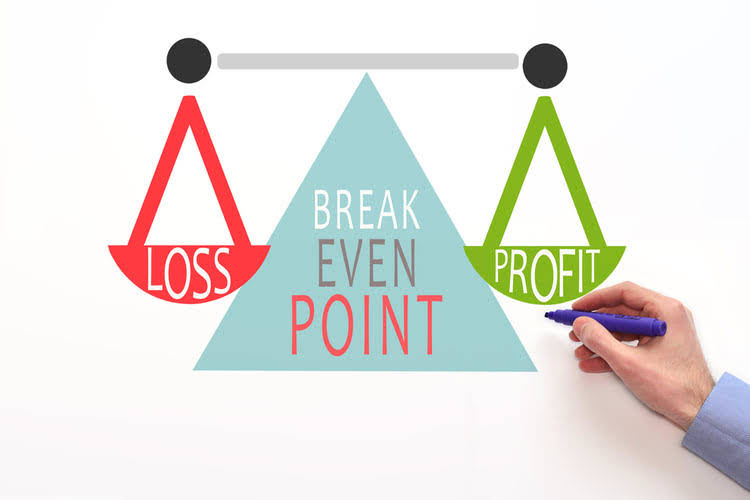
For example, a restaurant purchases a delivery bike and expects to use it for five years. The delivery bike is a depreciable asset of the restaurant because its expected useful life is more than 12 months from its acquisition. In 2017, the Tax Cuts and Jobs Act created a class of property called a Qualified Improvement Property (QIP). QIP refers to non-structural upgrades to the commercial property’s interior after placing the property in service. If your short-term rental only averages 30 days or less as an average rent period, it would classify as transient. It is therefore classified as a commercial property and depreciates over 39 years.

CPA societies back AICPA in PTET SALT deduction effort

This detailed record-keeping ensures accurate tax filings and supports strategic decision-making. The depreciable life of HVAC systems depends on regulatory guidance and practical considerations. Under MACRS, real property typically has a 39-year recovery period, while personal property may have shorter periods of 5 or 7 years. IRS Publication 946 is a valuable resource for understanding what is depreciable property how to depreciate property and maximize your tax benefits. By familiarizing yourself with its guidelines, you can make informed decisions and ensure compliance with tax laws.
The impact of depreciation on business finances
Improvements that add value or extend the property’s useful life, however, are capitalized and adjust the basis. Accurate record-keeping ensures all applicable costs are accounted for, helping property owners maximize tax efficiency. Land preparation expenses, such as grading or clearing, are generally capitalized into the land’s cost and not depreciated. In contrast, land improvements, such as drainage systems, sidewalks, or fencing, may qualify for depreciation under a separate asset classification.
Allocation for Partial HVAC Upgrades
It accounts for wear and tear, deterioration, or obsolescence of the property. Depreciation reduces your taxable income, making it a valuable tool for real estate investors. The publication highlights the importance of accurate record-keeping and compliance with adjusting entries IRS regulations to avoid issues and optimize tax deductions.

Repairs vs Improvements
For more complex situations, consulting with a tax professional or leveraging cost segregation studies can further enhance your strategy. To maximize tax benefits, businesses should carefully plan their asset acquisitions and disposals. Timing purchases to take advantage of higher CCA rates or strategic asset reallocation can lead https://www.bookstime.com/articles/disbursement to significant tax savings. Learn how to accurately calculate rental property depreciation for tax purposes, including cost basis and yearly adjustments.
Qualified Improvement Property (QIP)

This ongoing cycle of capitalization and depreciation underscores the importance of precise record-keeping and strategic planning to optimize tax outcomes. Businesses must track business versus personal use, as only the business-use portion of depreciation is deductible. If a vehicle is used 70% for business and 30% for personal use, only 70% of the depreciation expense can be claimed. Depreciable assets must have a determinable useful life, be used in a business or income-generating activity, and lose value over time. The IRS provides guidelines on which assets qualify and how they should be classified. To maximize tax-saving opportunities on your short-term rental property, work with Windes’ real estate tax professionals.
- By familiarizing yourself with its guidelines, you can make informed decisions and ensure compliance with tax laws.
- Routine maintenance, such as cleaning ducts or replacing filters, is generally expensed immediately.
- The schedule might look slightly different from business to business depending on the depreciation method chosen and other internal requirements.
- These systems provide flexibility and may suit specific financial goals or regulatory needs.
- This involves recognizing potential gains or losses from the disposition and adjusting the property’s basis accordingly.
- Land preparation expenses, such as grading or clearing, are generally capitalized into the land’s cost and not depreciated.
Alternative Depreciation Systems
The Alternative Depreciation System (ADS) offers a longer recovery period and is often used when compliance with foreign tax jurisdictions or other regulations is required. ADS is beneficial for companies with international operations or those aligning depreciation with longer-term revenue streams. Placed In-Service Date – Depreciation begins when the property is ready and available for use in your business. Our accounting firm is a professional service firm that focuses on providing expert advice in accounting and tax.

